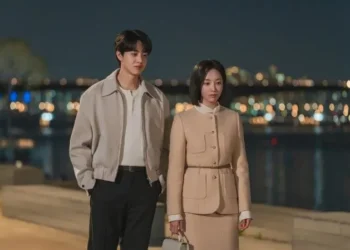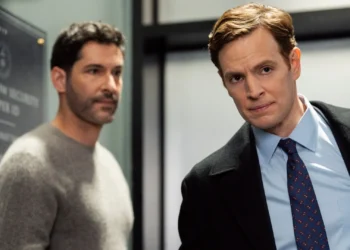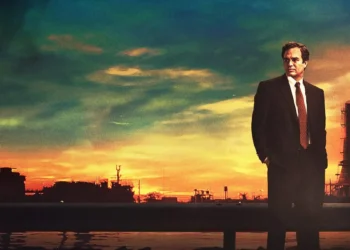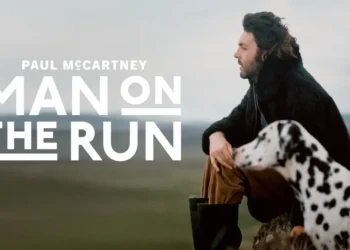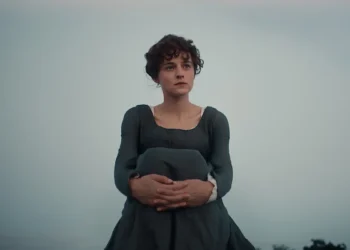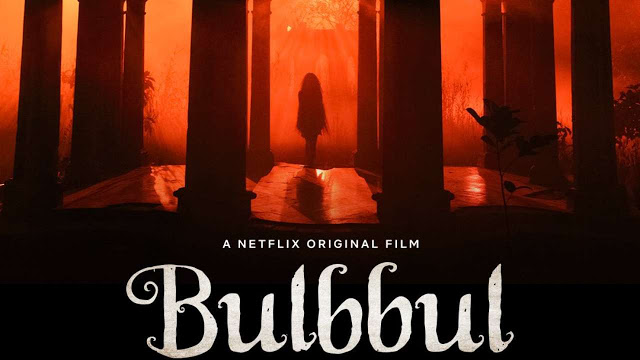The dinosaurs are making a comeback. Jurassic World Rebirth is the seventh installment in the franchise that began with Steven Spielberg’s Jurassic Park. Despite the series’ popularity, no sequel has quite matched the brilliance of the 1993 classic. Directed by Gareth Edwards (known for Godzilla and Rogue One), the first British filmmaker to join this franchise, Rebirth nearly reaches that level of greatness. It serves as a heartfelt homage to the original and stands out as the best Jurassic film in a decade.
Story
Set five years after Jurassic World Dominion, the Earth’s environment has largely become unwelcoming for dinosaurs. Those that remain are confined to isolated tropical regions that mimic their former habitats. Within this lush biosphere, the three largest species of land, sea, and sky hold the genetic secrets necessary for a groundbreaking drug that could dramatically enhance human health.
Scarlett Johansson portrays Zora Bennett, a talented covert operations expert hired to lead a specialized team on a secret mission to secure this genetic material. When Zora’s mission collides with a civilian family who find their boating adventure interrupted by attacking aquatic dinosaurs, everyone ends up stranded on a forbidden island that used to house a classified research facility for Jurassic Park. Here, amid a landscape filled with a variety of dinosaur species, they uncover a disturbing and shocking revelation hidden from society for years.
Performances
The story revolves around Zora Bennett (Scarlett Johansson), a covert operations specialist who leads a skilled team on a mission to extract dinosaur genetic material from the original Jurassic Park facility. This undertaking is presented as an opportunity to discover potentially life-saving medical advancements for humanity. Johansson delivers an outstanding performance, combining physical strength with a nuanced, quiet vulnerability in her portrayal of Zora. Though she is a battle-hardened soldier, she is also burdened by haunting memories and the pain of loss.
One of the film’s most ingenious aspects is its subversion of traditional action-adventure tropes. Rather than following the conventional narrative of a male hero defending a female scientist, Zora takes on the role of protector and mentor to Dr. Henry Loomis, played by Jonathan Bailey. Loomis is a brilliant paleontologist who finds himself completely overwhelmed when confronted by the threat of carnivorous dinosaurs. Their relationship features an intriguing role reversal that feels refreshingly new. Bailey depicts Loomis as both intelligent and ethical, yet convincingly shaken by the real-life ramifications of the scientific field he is passionate about.
Mahershala Ali shines as Duncan Kincaid, Zora’s team leader and the moral compass of the operation. Ali infuses his role with a sense of gravity and intense focus, grappling with the moral dilemmas they face as the team uncovers a dark secret hidden in the island’s history. His performance enhances the film, reminding audiences that the narratives of Jurassic stories extend beyond mere monsters, delving into themes of human greed and arrogance.
The supporting cast is consistently impressive. Rupert Friend excels as the flamboyant villain, Martin Krebs, a pharmaceutical executive eager to exploit the mission for financial gain. Joining him, Manuel Garcia-Rulfo, Luna Blaise, and David Iacono lend emotional depth as a family stranded due to a shipwreck, adding genuine human stakes to the spectacle. Ed Skrein, Philippine Velge, and Bechir Sylvain further enrich Zora’s team with distinct personalities, ensuring they stand apart from typical action-movie archetypes.
Behind the scenes
Screenwriter David Koepp, who authored the original Jurassic Park, deserves credit for his work, alongside director Gareth Edwards, who has a knack for handling large reptiles, as shown in his direction of Godzilla. Together, along with cinematographer John Mathieson, they successfully return the franchise to its roots of engaging storytelling.
Visually, the film excels. John Mathieson’s cinematography beautifully balances the island’s vibrant scenery with its inherent dangers, while Jabez Olssen’s editing maintains a tight rhythm without sacrificing character moments. Alexandre Desplat’s score delicately honors John Williams’s legendary themes while offering fresh motifs that evoke both wonder and dread.
Edwards masterfully paces the film, building suspense with the slightest sounds of rustling leaves, while allowing character development to unfold seamlessly between exhilarating action sequences. The stunning visuals of Thailand’s waterfalls, sweeping plains, shoreline caves, and mangrove swamps practically call for a tourist campaign—albeit without the lurking dinosaurs.
Final Verdict
What truly distinguishes Jurassic World Rebirth from its immediate predecessors is its emotional depth. While dinosaurs remain the focal point, Edwards and Koepp ensure that the narrative transcends the thrill of runaway creatures. It delves into ethical dilemmas, personal accountability, and the peril of prioritizing scientific advancement over human lives.
In the end, Jurassic World Rebirth doesn’t radically transform the franchise, but it doesn’t need to. It realizes the essence of what makes “Jurassic” narratives captivating: the awe of watching dinosaurs roam the Earth, the terror that arises when that wonder turns deadly, and the flawed humanity caught in the middle.



